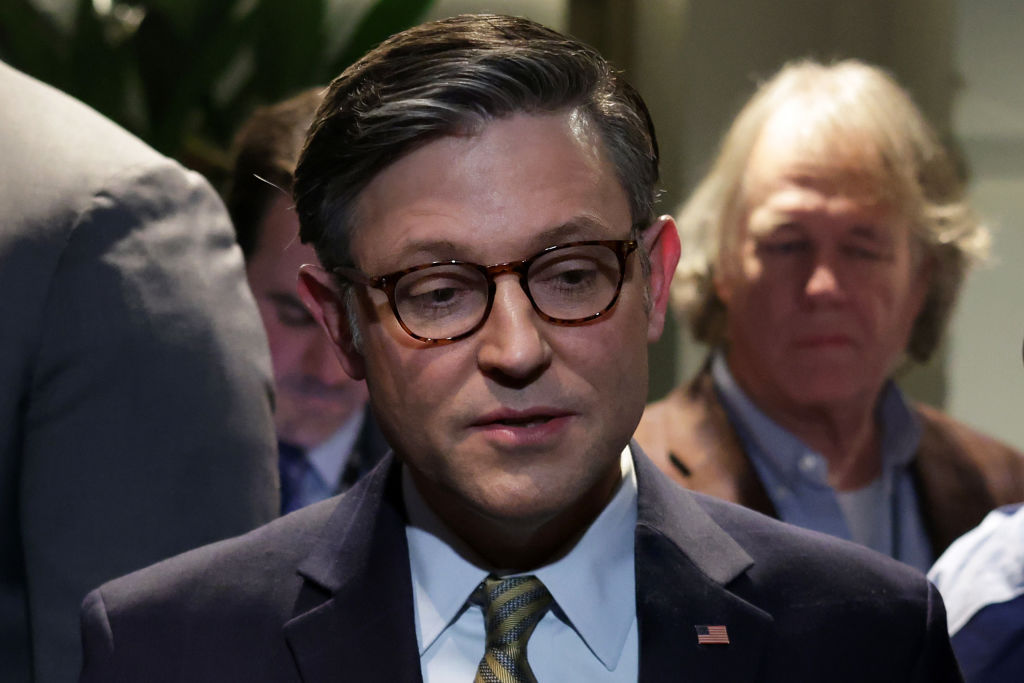Cockburn had thought he’d seen it all. But now he learns that DC has reached a new low in the annals of Swamp incompetence. Democratic staffers in Representative Ayanna Pressley’s office can’t figure out how to turn their phones back on after setting them to go straight to voicemail for over a year and a half.
Every Capitol Hill rat would agree that the worse job in a congressional office is answering the phones. From dusk to dawn, deranged boomers light them up, demanding Representative Joe Blow do something about their loud neighbors, or fix their TV, or help them pay their rent. Many of these callers don’t even live in the lawmaker’s district or state. It’s an exhausting task usually reserved for the lowest of the low — interns. Pressley’s people apparently decided to avoid the headache altogether. Cockburn can’t blame them.
“Hey y’all, we have had our DC phone line going to voicemail for the past year and a half but are looking to switch to live phone calls,” Aneeb Sheikh, a legislative correspondent in Pressley’s office, said in an email sent to the House Tours Coordinators email on Monday. “Anyone here know how to make the desk phones answer live phone calls again? Would greatly appreciate your help!”
“Every entry-level Hill staffer spends most of the day answering calls,” a GOP communications director on Capitol Hill told Cockburn. “Every office but Pressley’s has software — either IQ or Fireside — for logging what constituents say on the phone and producing a summary of those opinions for the Member. Mine gets a daily call update. Tracking calls is how you track public opinion in your district. It’s the most basic, square-one thing we do. If you don’t do it, you’re incompetent, or you don’t care what people in your district think. And over 90 percent of the calls we get are angry people from outside our state, so that’s not a real excuse, though I’m sure she’ll make it.”
After speaking to former and current Hill staffers, Cockburn learned that congressional phone lines are like Guantanamo Bay: messy but necessary. In many cases, it’s the only connection between lawmakers and the everyday voters who put them in power. Shockingly, Pressley, a devout democratic socialist and proud member of the AOC-led “Squad,” chose not to prioritize it.
“Taking calls from constituents is one of the most important roles of a congressional office,” a legislative correspondent told Cockburn. “It’s one of the best ways to hear from the everyday voters who sent you to Washington and to make sure they are taken care of. My house office never stopped taking calls at any point during the pandemic. Sometimes people just needed to talk, but we were always there for them. It was tough sometimes when we were working from home but going to Congress isn’t about convenience; it’s about service.”
Another former Hill intern added, “It’s pretty silly that Pressley’s office didn’t have basic phone functionality and perhaps speaks to broader incompetence.”
Pressley’s office defended their decision, placing the blame on the pandemic.
“Both our Boston and DC offices continue to respond to constituents’ calls and emails as we always have,” a Pressley spokesperson wrote to Cockburn. “Like many congressional offices during the pandemic, we have been operating under a call-back system with staff regularly following up daily on voicemails to keep our staff safe and support remote and hybrid work.”

























